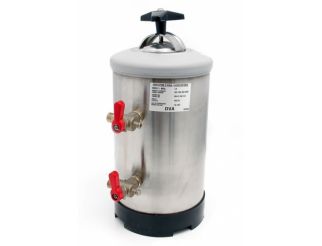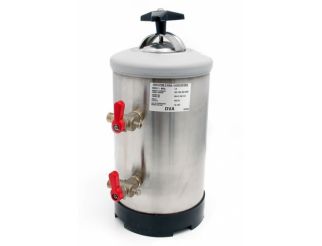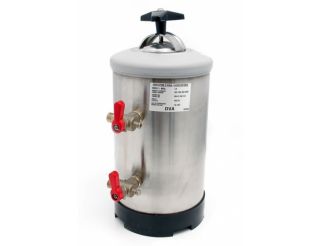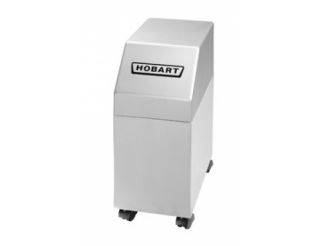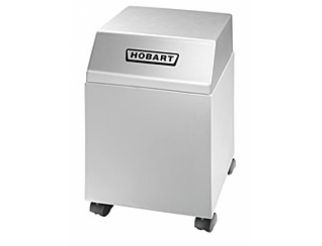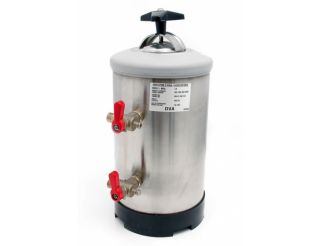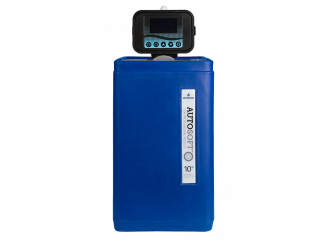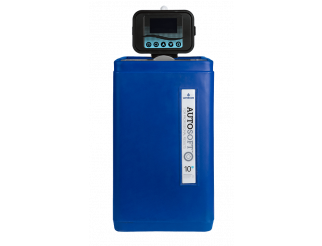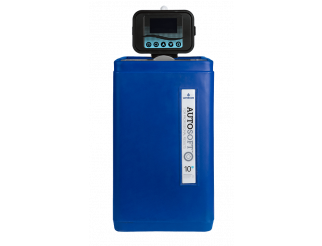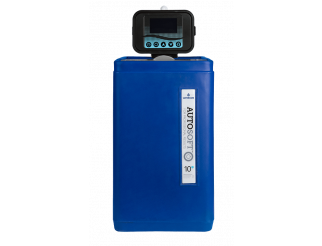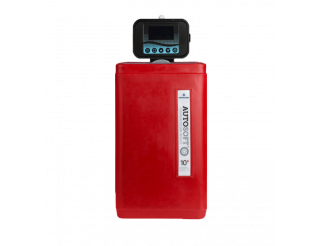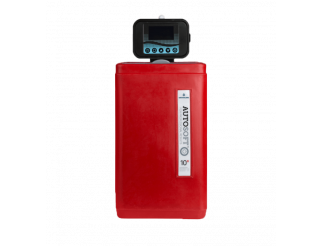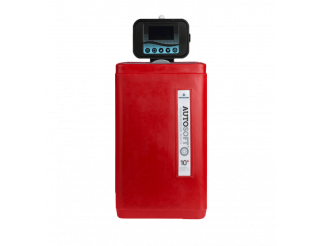Soft Water Made Easy With Ecomax
Water treatment for warewashing equipment can be vital to the smooth operation and longevity of your warewasher. A large part of the UK has hard water resulting in limescale build-up.
Limescale impedes the performance of your equipment and will eventually lead to your dishwasher or glasswasher being damaged. The simplest and most common solution is to fit a commercial water softener. A number of units come with internal softeners but for those that don’t or those that need something larger, then an external water softener can be fitted. We supply a range of commercial water softeners to suit all your requirements.
Water Softeners Explained
There are several different commercial water softeners available. The one you choose depends on the water temperatures you want to soften, the energy consumption you'd like and the flow rates you'd like to achieve. Here's an explanation for each water softener we stock:
Automatic Timed Water Softeners utilise a timer control system. The timer is set so the softener automatically regenerates without any operator input, usually in the early hours of the morning. The time that it regenerates can be adjusted to suit each site.
Automatic Metered Softeners are controlled by a flow meter which means it regenerates after a set number of litres flow through the water softener. This can result in a more efficient unit. These units can be used with cold and hot water.
The WaterCare Automatic Pumped Softeners have an integral electronically controlled pump that is designed for low water pressure/flow applications.
Hobart Automatic Water Softeners are designed for hot or cold applications. They are ideally suited for busier kitchens and are recommended for Hood dishwashers, Rack dishwashers and Utensil washers.
Manual Water Softeners are perfect as a cost effective solution for sites with lower throughput and smaller washers. In most cases, manual water softeners are only to be used with cold water.
Water Softeners FAQs
What is a duplex water softener?
Duplex water softeners have two vessels containing ion exchange resin. Once the first vessel has run out of water and goes into automatic regeneration, the other vessel steps in to provide softened water. Duplex softeners have a very clever system that ensures you have water whenever you need it.
How often should a commercial water softener regenerate?
This depends on the size of the tank and how much water you use daily, but in general, the regeneration process should occur every 12-14 days. The instructions on the model you have will provide more precise details for your model, though.
How does a commercial water softener work?
The way a water softener deals with water hardness is rather complex but fascinating at the same time. The water is drawn through a brine tank. Most water softeners have a single brine tank, but some have two. This tank has ion exchange resin inside which displaces calcium and magnesium ions and replaces them with sodium ions. This draws out the accumulated hardness in the water and makes it much safer to use in washing equipment, air conditioning units and more.
What is the flow rate of a commercial water softener?
The flow rate of a commercial water softener depends on the model. However, there's an average flow rate of around 5 gallons of water per minute. To find out the flow rates of the water softeners we stock, please get in touch and we'll provide as much info as possible.
Is it OK to use water when the softener is regenerating?
Yes, you can use the water during the regeneration process but don't use too much. Depending on the capacity of your softener, you can fully drain the tank and this can lead to damage.
How long can a water softener go without regeneration?
In general, most water softeners will regenerate every two weeks or so. However, this depends on how large the tanks are and how much water your commercial kitchen uses.
How long do commercial water softeners last?
High-quality units with a good maintenance schedule in place should last 20 years or more!


